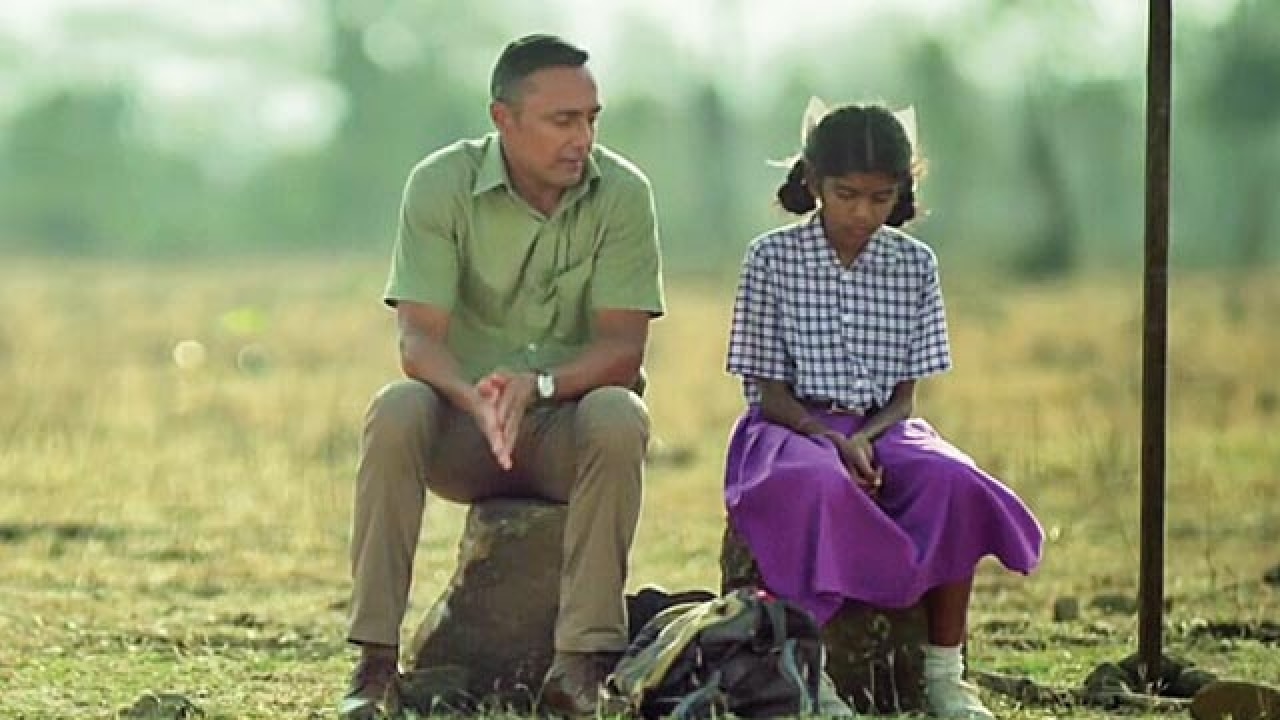
I spent one late Friday night watching the Rahul Bose-directed Poorna on the trials of 13-year-old Poorna Malavath, who scaled Mt Everest. As a girl coming from a very backward, underdeveloped region in India, Poorna surely faced bigger threats: child marriage, poor infrastructural quality, and systematic apathy. But she prevailed. And behind her success story is an upright bureaucrat, played to perfection by Rahul Bose in the film. He plays a diligent, hard-working officer trying to break through immense social and cultural barriers to envision a better future for the wards under the welfare schools he is responsible for. Bose’s officer at one point even tells Poorna in a classic reductionist fashion: “Girls can do anything”. Though not away from the main message of the film, it is a little ludicrous to put the onus of ‘doing’ on girls alone. It ignores the structural violence that women, tribals and Dalits, face in every sphere of life. However, a sensitive, empathetic bureaucrat can be instrumental in alleviating the conditions of his wards, and the facilities available to them. As someone who works in the development sector, this, perhaps, unintended message became central to my cinematic experience.
In the development sector, we encounter the burning question of what is the most effective means of impacting people daily — in short, what really works in alleviating poverty, in increasing access to public facilities, in reducing barriers for disenfranchised groups, in economic empowerment. There is no silver bullet. Solutions are needed for structural failures, capacity building is crucial, and champions at every level must work relentlessly to turn the key in the lock. There are millions of Poornas out there who need their champions. If it takes a village to raise a child, it surely takes an army to give every child an equitable set of opportunities.
This leads me to my central thesis that robust public institutions are genuinely needed towards furthering the development agenda. Public institutions include schools, panchayats, courts, ministries, and everyone working within this framework. I once spoke to an IAS officer who had primarily worked in a tribal backward district which saw a high rate of school dropouts due to socio-economic barriers. Over his career, he had reduced out-of-school children to zero, managing to include a large number of marginalised children in a mainstream public institution. Compare this to the officer in Poorna, who worked within the framework of existing institutions of social welfare schools, tackled root causes, identified why and how girls stopped attending schools and developed his own solutions. One may agree or disagree with using inspiration as an incentive for behavioural change among people, especially among economically weaker sections of society, but cannot decry the benefits that ensued.
These examples are remarkable, yet they are successful at a small scale. Unfortunately, most such officers end up in contained pockets of impact. And I advocate a start here: at the grassroots, down to the first principles.
Committed, public service-oriented institutions constitute the bulwark of hope for the developing world, and our country in particular. The real “amplifiers”, who are on the ground, require support. These can be anyone, but they must be those who can strengthen, reshape, and maybe above all, reimagine public service delivery mechanisms. And we need to have the insight to recognise them, cooperate with them, support their efforts. Because these people will truly turn the key in the lock.
(The author works for a strategy consulting firm focused on social impact in Mumbai. She is passionate about building capacity for public sector institutions in India in dealing with complex issues such as land reform, housing rights, and access to public goods.)